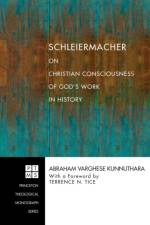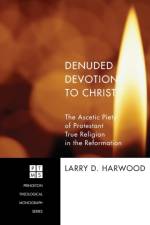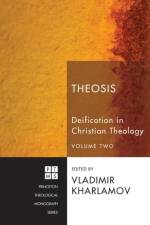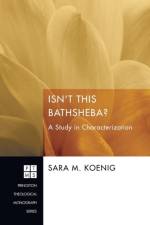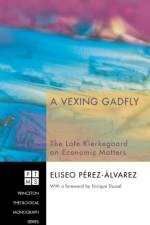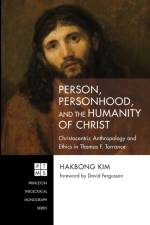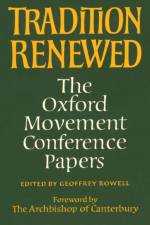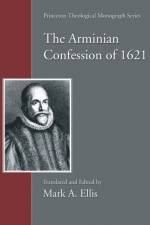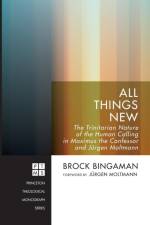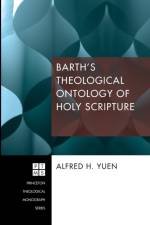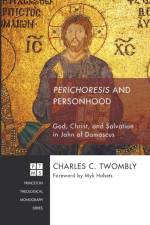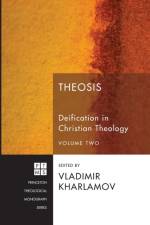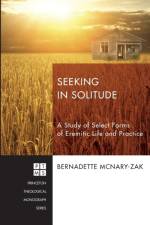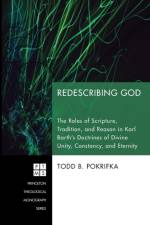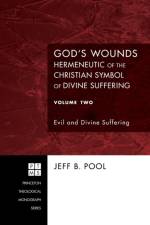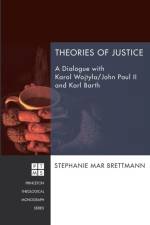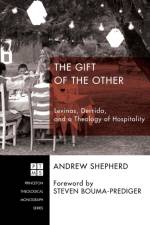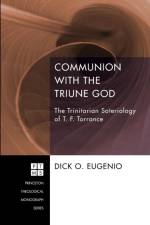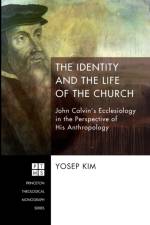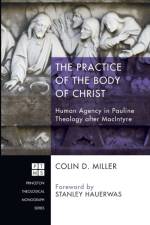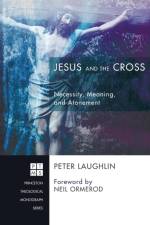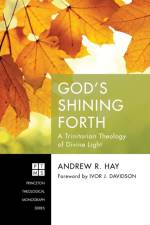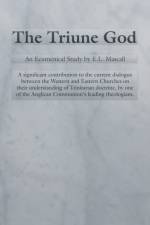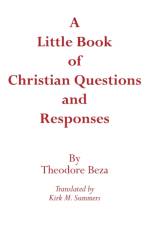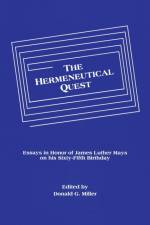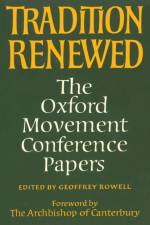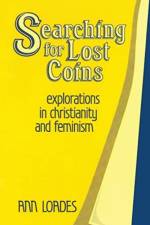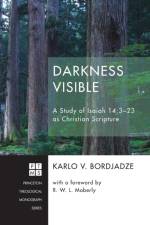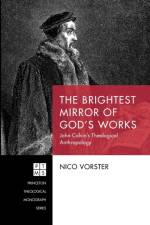- Deification in Christian Theology, Volume 2
487
Description:"". . . that you may become partakers in the divine nature"" 2 Peter 1:4""The theme of deification intimately touches on human identity and the actualization of humanity''s ultimate purpose. It is predominantly an anthropological and soteriological expression of Christian theology. At the same time, it testifies to the identity of a Christian God, divine universal design, and God''s economy, where the trinitarian and christological apprehension receives the central place. Theosis, both on an individual and cosmic scale, is not exiguous in its eschatological perspective, either. The testimony of theosis is testimony to the inexplicable mystery of divine intimacy. Deification penetrates all spheres of human existence, and can be seen as an answer to most pending ultimate questions. It is essentially practical in its manifestation and uplifting in its content, but nevertheless, always evasive and arcane in its comprehension.""From the IntroductionThis book contains biblical and historical-theological essays that offer innovative approaches to the issue of theosis. The interconnections between the theology of deification and the doctrines of the Trinity, Christology, anthropology, protology, hamartiology, soteriology, and eschatology are made manifest in these fascinating new studies. It is aimed both at those who are already students of theosis and at those who are looking for an introductory text. It also contains a comprehensive and up-to-date bibliography for those seeking further resources on the theme.Endorsements:""Theosis is back, and it is here to stay--no longer as the focus solely of one stream of the Christian tradition, but as a fully biblical and ecumenical account of salvation. Vladimir Kharlamov, with his colleagues, offers us another volume of significant essays on theosis/deification in the Christian tradition, from the evangelists to contemporary Baptists. They add to the burgeoning literature on the central reality of Christian faith: transformative participation in the very life of the Triune God.""--Michael J. GormanThe Ecumenical Institute of Theology, St. Mary''s Seminary & University, Baltimore, MD""Vladimir Kharlamov has successfully gathered a lively collection of studies covering foundational aspects of the ancient concept of theosis. The chapters range from the teachings of Jesus and the Fathers, to contemporary attempts to appropriate the notion today (its relevance to the Reformed tradition, its importance to Christian ecology). The book is an exciting example of the energy that still exists in putting the ancient tradition in discussion with the pressing concerns of the world.""--V.Revd. Dr. John A. McGuckinNielsen Professor of Ancient & Byzantine Christian HistoryUnion Theological Seminary, New York""Vladimir Kharlamov has assembled a rich and remarkable volume that will offer profound gifts to the church''s theological reflection. Whether one is already a student of the doctrine of theosis or is seeking an introduction to its riches, s/he will do well to take this volume and read it carefully."" --Philip E. ThompsonProfessor of Systematic Theology and Christian HeritageSioux Falls Seminary, Sioux Falls, South Dakota""A well-researched,  carefully edited, and welcomed volume on the amazing, engaging, enduring, bold, and bewildering notions of deifying grace in Scripture, historical theology, ecumenical discussion, and contemporary reflection.Vladimir Kharlamov, as editor, expertly navigates students of Scripture and seasoned scholars through the complexities of theosis, from East to West, from historical to contemporary contexts, and succeeds in connecting esoteric ideas, Eastern Orthodox spirituality, and Baptist theologies in one volume.""Michael J. Christensen, Ph.D, co-editor of Partakers of the Divine Nature: Deification in the Christian Traditions, and Affiliate Associate Professor of Theology at Drew University.About the Contributor(s):Vladimir Khar

